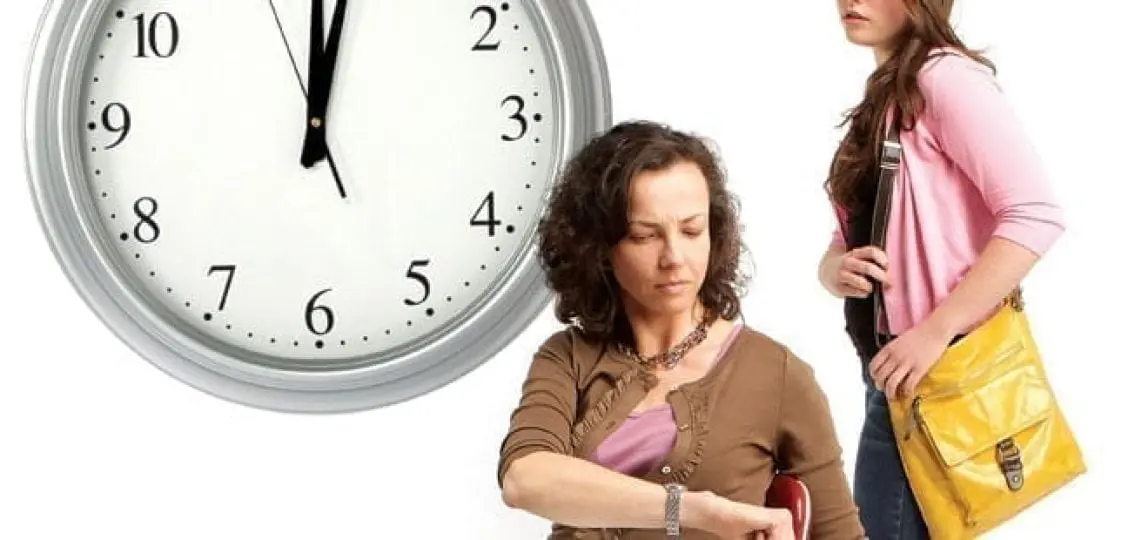What happens when a teen feels one way about a particular issue or problem and the parent has a very different take? At Your Teen, we understand that sometimes you need to look at a problem from multiple perspectives. It can also be helpful to hear from a neutral third party. That’s when we bring in a parenting expert to provide the practical advice you need to bridge the divide and help restore harmony. Here, a son feels like his mom’s parenting rules don’t make sense, and an expert weighs in.


I told him no; I felt too distracted trying to get everything done so I could get home and get dinner. And I didn’t want to have another thing to worry about.
Parenting Rules
Plus, what if something happened—like he got hurt or there was another emergency? I was 10 miles away from home, and I might have been driving or had bad reception. It would be easy to miss a call or text.
I didn’t feel good about it at all. When I’m home, I let him have plenty of freedom to go spend time with his friends—and he always follows the rules and comes home on time.
This wasn’t really about me trusting him—but it did cross my mind it might be too tempting for him and his friends to hang out at our house without a parent.
The bigger issue was I would be too distracted to spend quality time with my other kids. I’d be constantly checking my phone and worrying about him. I just feel better if I’m home when he’s out with his friends.
Katie Bingham-Smith is a mother of three and full-time freelance writer who loves to paint and drink Diet Coke.

It doesn’t make any sense. I was only asking to go one mile from home and hang out with friends like I always do. I’m always home on time, and just because she’s farther away than usual doesn’t seem like a reason not to let me go.
Her Parenting Rules Don’t Make Sense!
We were doing what we always do. My friends’ parents don’t have to be home for them to come hang out—their parents work outside their home, and my mom is just used to being home all the time because that’s where her office is.
I know if she would just let me go hang out with my friends once while she’s not home, she would see everything is fine and feel okay about it. It doesn’t make any sense to me, and I think it’s kind of a dumb reason—I’m almost 15!
Addison Smith is a 14-year-old who loves biking, lifting weights, and skateboarding with his friends.

Mom wants to prioritize her worry-free space, but she doesn’t acknowledge that kids develop competencies when parents give them increasing freedom. Furthermore, they comply with rules when they see decisions as fair. Her reasoning “doesn’t make any sense” to him, which can stoke a teen’s fervor to go rogue.

Building Responsible Independence
Parents risk their children’s trust in them when decisions don’t feel fair or when the child’s feelings and needs aren’t understood. Mom is entitled to say no to her son. At the very least, however, she could reassure him about two things. First, that she hears his need for more freedom. And second, that she intends to grant him more in the future. After all, when teens are granted opportunities to be responsible with independence, they develop the muscles for self-governance—a big part of competence-building.
Laura Kastner, Ph.D., is a clinical professor of psychiatry and behavioral sciences at the University of Washington and author of Getting To Calm: Cool-Headed strategies for raising tweens + teens and Wise-Minded Parenting: 7 Essentials for Raising Tweens + Teens.




